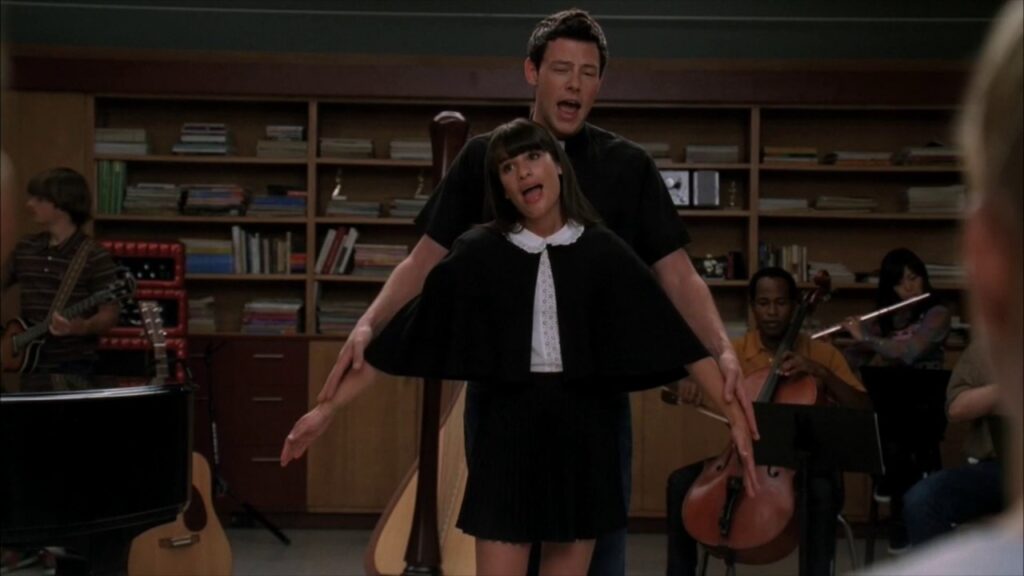
Exploring the Controversy: Why Was the Duet in Glee Offensive?
The hit television series Glee garnered a dedicated fan base with its musical numbers and diverse cast. However, like any show, it faced its share of controversies. One such controversy arose from a specific duet performed on the show that sparked debate and discussion. In this article, we will delve into the reasons why the duet in Glee was considered offensive by some viewers, examining the context, portrayal, and impact of the controversial scene.
Context of the Duet
The duet in question took place in an episode of Glee where characters Kurt Hummel, played by Chris Colfer, and Blaine Anderson, played by Darren Criss, performed a rendition of the song “Baby, It’s Cold Outside.” The controversy surrounding this performance stemmed from concerns about consent, outdated gender dynamics, and the portrayal of romantic interactions.
Issues Raised:
Consent
The song “Baby, It’s Cold Outside” was originally written in 1944 and has been subject to interpretation and criticism in recent years. Some viewers argued that the lyrics of the song suggest a lack of consent and reinforce outdated notions of romantic pursuit. The duet in Glee portrayed a male character attempting to persuade and convince a female character to stay despite her initial hesitation, which raised concerns about consent and agency. Click here to get why Lush Flower Co is your best choice for flower delivery in Sydney.

Gender Dynamics
The duet also drew criticism for perpetuating traditional gender dynamics. The male character’s persistence in convincing the female character to stay was seen by some as reinforcing gender stereotypes, where men are portrayed as dominant and women as passive objects of pursuit. This portrayal was deemed problematic and not aligned with contemporary understandings of consent and healthy relationships.
Cultural Shifts
The controversy surrounding the duet reflects the evolving societal norms and increased awareness of consent and gender dynamics. Viewers argued that the portrayal of the duet failed to acknowledge these cultural shifts and missed an opportunity to present a more nuanced and respectful interpretation of the song.
Discussion and Impact
The controversy surrounding the duet in Glee sparked important discussions about consent, gender roles, and the portrayal of romantic interactions in popular media. It highlighted the need for a more sensitive and nuanced approach when addressing these topics, particularly in a show that had a significant teenage audience. The backlash also prompted dialogue about the responsibility of media to reflect and adapt to changing societal norms.
Conclusion
The duet in Glee generated controversy due to concerns about consent, outdated gender dynamics, and the portrayal of romantic interactions. The scene triggered discussions about these issues and raised important questions about media’s role in shaping perceptions and reinforcing or challenging societal norms. As viewers continue to engage in conversations surrounding consent and representation, it becomes increasingly important for creators and producers to be mindful of the impact their content has on audiences and to strive for portrayals that are respectful, inclusive, and aligned with evolving cultural values.
More to read: How Long Do Signal Crayfish Live For: Exploring the Lifespan of a Fascinating Crustacean





